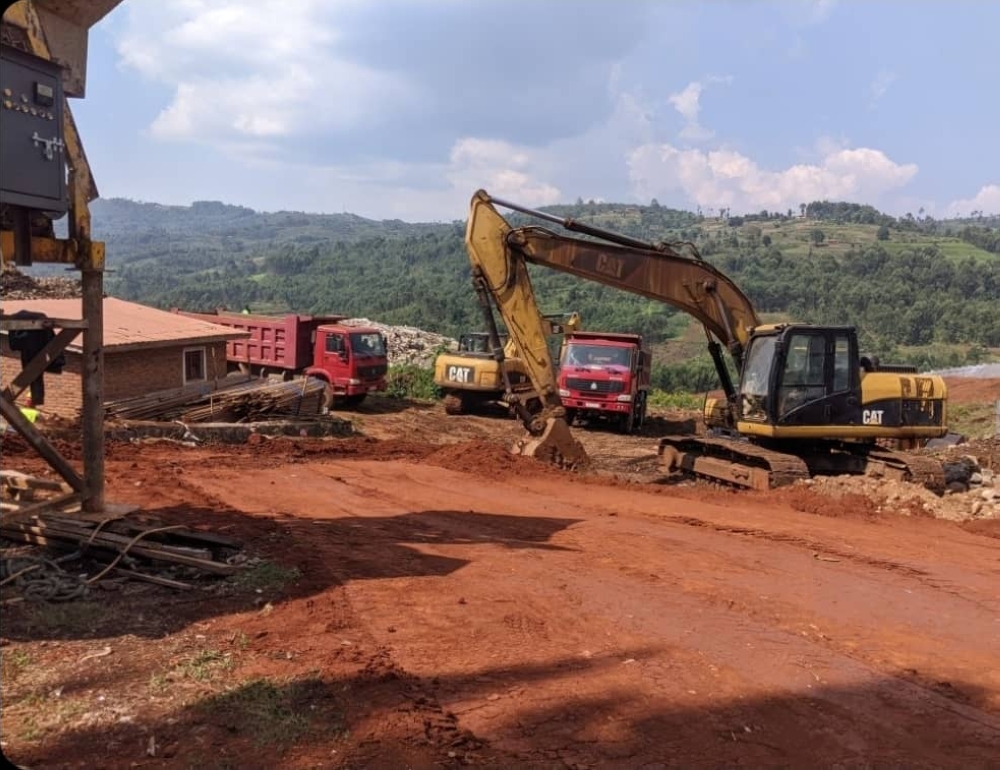NON-tariff barriers demanded by regulatory authorities in East Africa contribute to high cost of doing business in the region's trade corridors, a new survey launched in Nairobi on Monday revealed.


NON-tariff barriers demanded by regulatory authorities in East Africa contribute to high cost of doing business in the region's trade corridors, a new survey launched in Nairobi on Monday revealed.The survey by Transparency International Kenya and Trade Mark East Africa (TMEA) shows that regulatory authorities in East Africa demand large bribes from transporters and drivers along the transport corridors."By reducing or eliminating tariffs and working to minimize non-tariff barriers across the EAC, the governments in partner states can ease the flow of people and goods across borders," Richard Sindiga, the Director of Economic Affairs in Kenya's Ministry of East African Community Affairs, said during the launch of the report in Nairobi.Sindiga said the elimination of tariffs will create larger markets, enable economies of scale, and promote local, regional, and global trade, which, in turn, will foster a dynamic environment for economic growth across the entire region from which Kenyan and East African businesses will benefit."However, the problem of NTBs in the EAC is widespread and requires joint effort to eliminate them," Sindiga said. He added that the Kenyan government was doing its best to eliminate the barriers but also conceded that the war was far from won.He said the ministry was finalizing a survey to find out why NTBs persisted even after the Council of Ministers had directed partner states to eliminate them and also to get the opinion of stakeholders on what could be done to get rid of them.TradeMark East Africa Director of Private Sector and Civil Society, Lisa Karanja said regional integration is gaining pace but the existence of NTBs was a hindrance to the full implementation of various protocols. "TMEA commissioned this study with a view to enhance the advocacy for the elimination of non-tariff barriers.We expect a comprehensive dialogue between state and non-state actors to address the key issue highlighted by this report," Karanja said. "A resolution of the problem will lead to a more competitive business environment that will result in increased trade and ultimately prosperity for East Africans.






